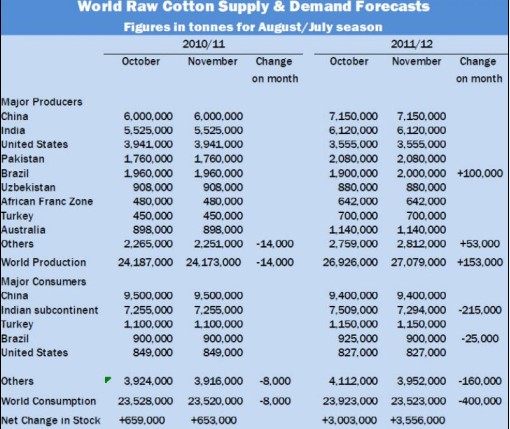|
The World Economic Forum (WEF) starts today in Davos, Switzerland. From humble beginnings, it has become the most important event gathering the world leaders. Virtually every president or prime minister of the important countries will come to Davos. The WEF is not only famous for its public debates with official speeches, but also is the place to talk off the record, which is often better than to lose one's face in front of the world. Lack Of Global Governance Systems After an opening of borders and minds during World Trade Organization (WTO) treaty negotiations, it seems that the big industrial countries are moving back toward a more nationalistic system. At last, under the pressure of the recent financial crisis, they are accusing one another of producing problems for the world as such. This looks like a very short-sighted system: The international economy is so linked that the global issues can only be resolved through international networks. The target must be to prevent problems before they become a global crisis. WEF continues: "In particular, economic disparity and global governance failures are shaping the evolution of many other global risks, and inhibit our capacity to respond to them. The interconnectedness and complexity of issues mean that unintended consequences abound, and traditional risk response mechanisms often simply shift risk to other stakeholders or parts of society." Three Key Areas Of Risk Secondly, there is the illegal economy: "Greater numbers of failed and fragile states, increasing levels of illicit trade, organized crime and corruption form a nexus of criminal risk. A networked world, governance failures and economic disparity create opportunities for illegality to flourish. In 2009, the value of illicit trade around the globe was estimated at US$1.3 trillion and growing. These risks, while creating huge costs for legitimate economic activities, weaken states, threaten development opportunities, undermine the rule of law and keep countries trapped in cycles of poverty and instability. Effective international cooperation is urgently needed. A third area is resource limits to growth. For the textile world, this is very much relevant with the current lack of cotton supply and soaring raw material prices. In general, WEF reports, "the world faces hard limits at the basic level in terms of water, food and energy. Rising populations and consumption and climate change drive this challenge." But every big nation is only accusing the others for causing the difficulties. In most cases, WEF reports, "interventions only create new and worse problems ... . Shortages of core resources will only create more conflicts between the social groups, nations and industries that need them." WEF goes on to quote survey contributor John Drzik, president and CEO, Oliver Wyman Group (Marsh & McLennan Companies), who stated: "Demand for food, water and energy resources is growing by double digits. Yet chronic fiscal deficits are threatening investments in infrastructure crucial to improving availability and access to them. The resulting shortages threaten global prosperity." Other Problems To Solve
|
|
The Rupp Report: Clash Of The Titans?
Updated: 2011-1-30 Source: Textile World

Recommended News
Photo Gallery
Most Popular



